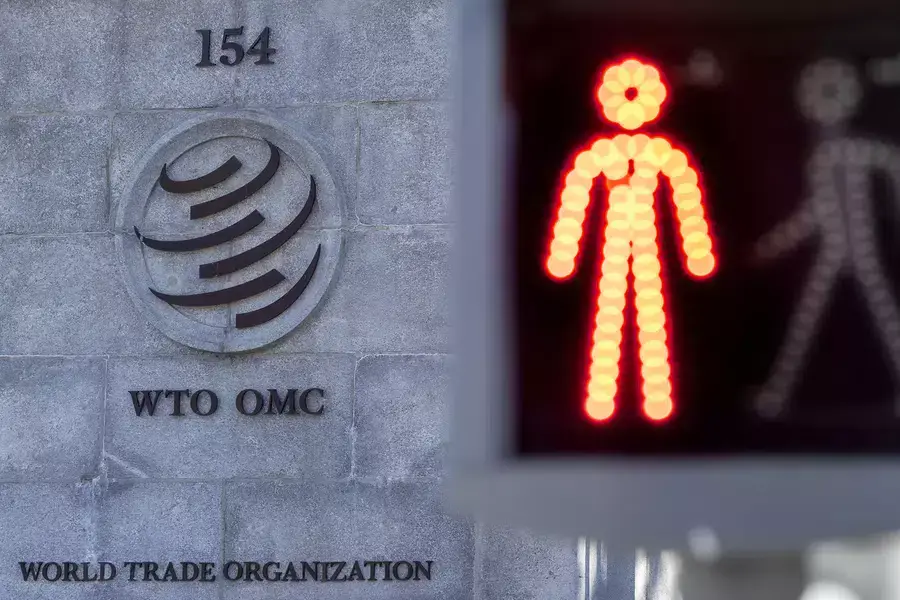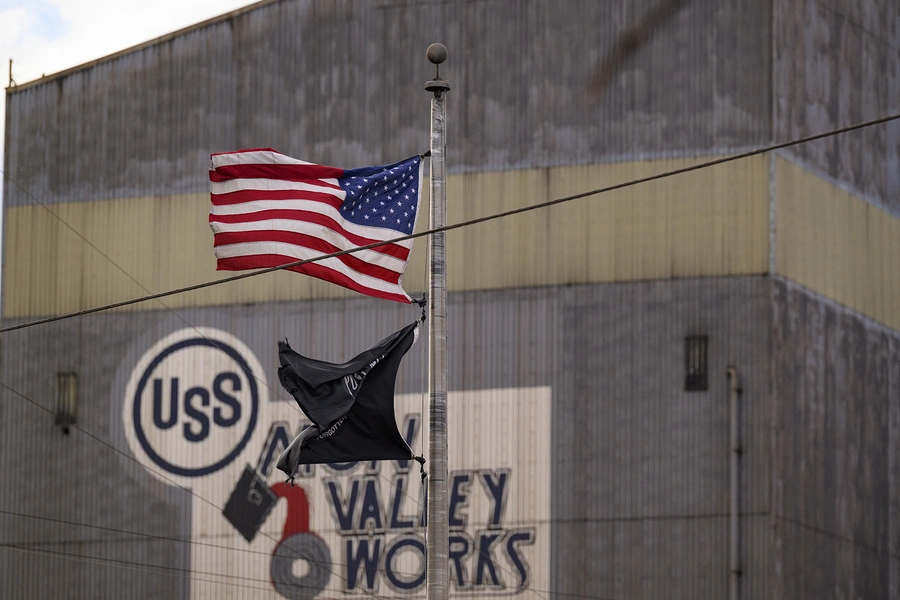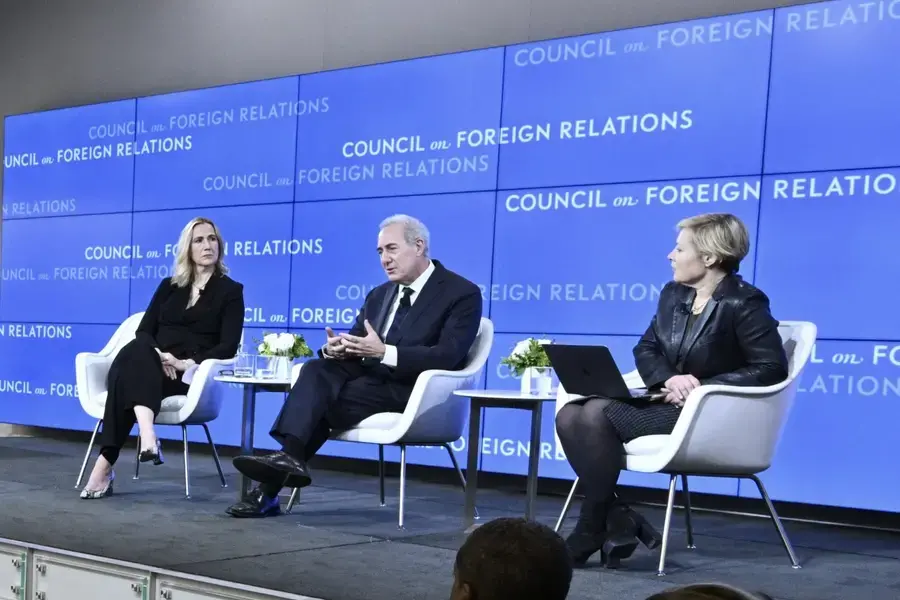
Reimagining American Economic Leadership
Why Progressives Should Embrace Trade and Globalization
Progressive values shaped the postwar international economic system that has procured the benefits of globalization and trade. Will U.S. policymakers remember?
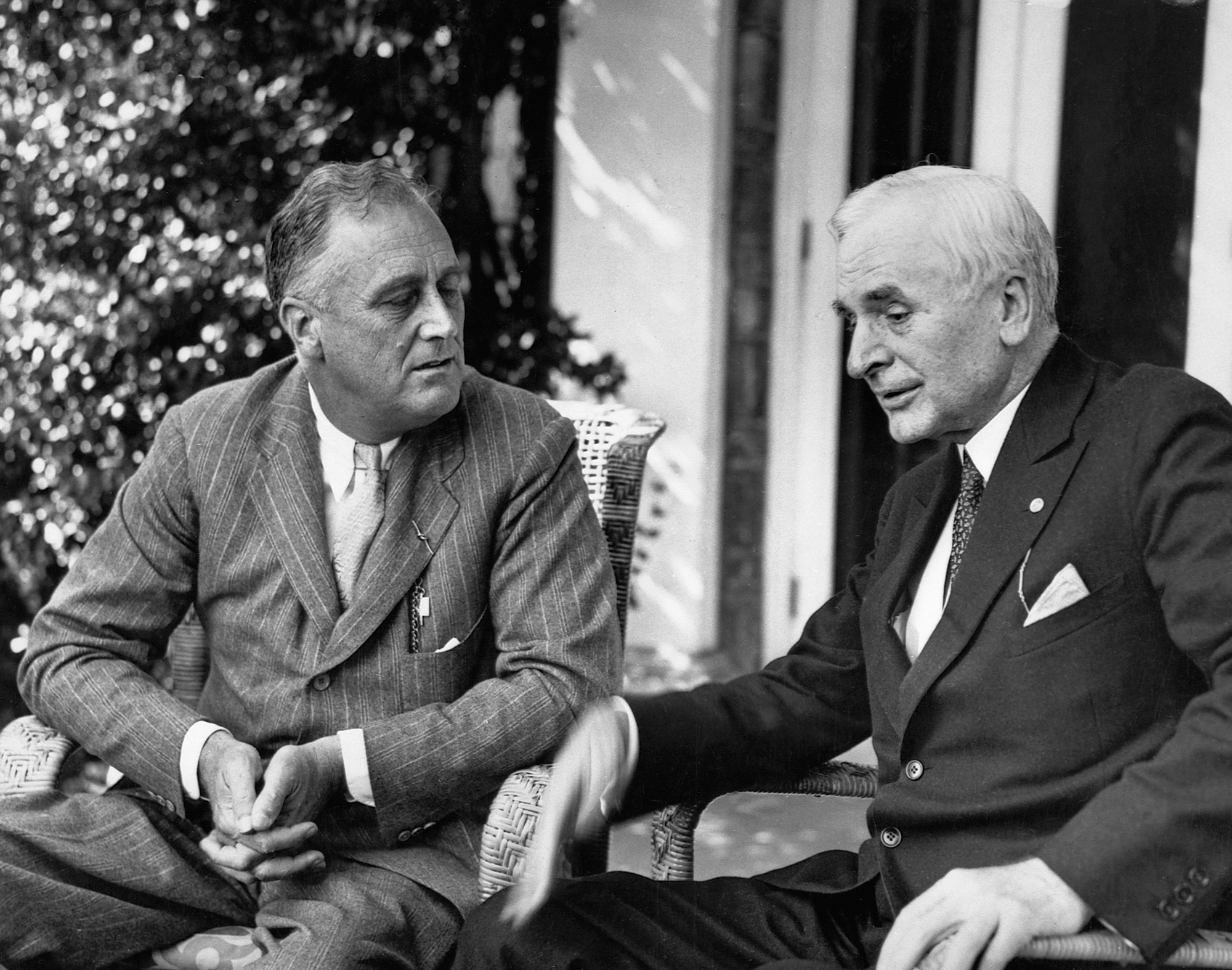
Trade Offs
_1.svg)
Global risks–including Chinese overcapacity–have increased, but government intervention should seek to minimize trade-offs.
Featured Analysis From RealEcon
Exploring three key areas of international economic policy: trade and investment, development, and economic security, i.e., technology controls, supply-chain-resilience measures, and other policies to reduce risk to the economy or national security
Trade and Investment
Development

In-Person DC Roundtable: Falling Global Fertility and Its Implications for Climate Change, Political Stability, and Economies
Event by Thomas J. Bollyky, Ann Norris, and Christopher J. Murray
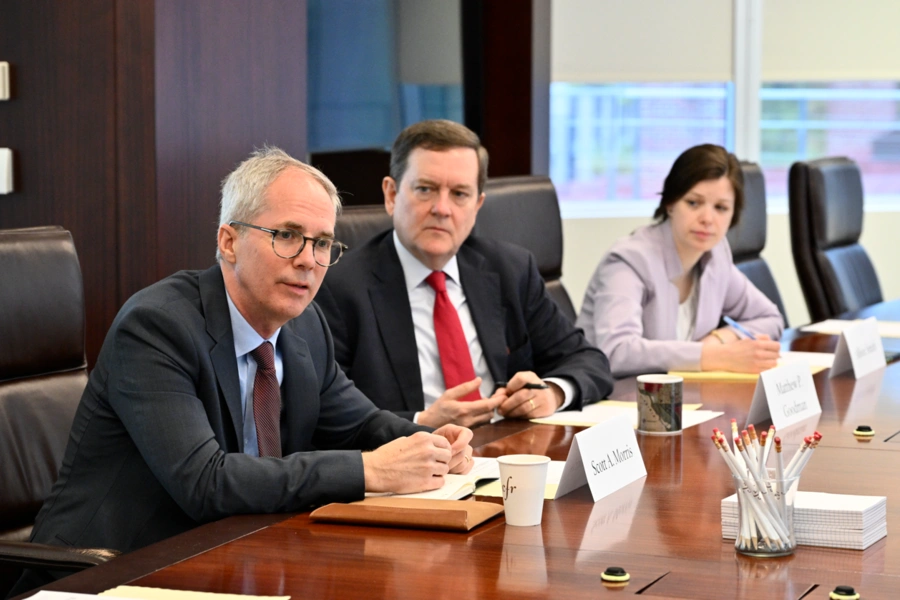
Geopolitics in the Indo-Pacific: An ADB Perspective
Article by Christopher Shim

Brazil Should Use G20 Momentum to Join the OECD
Article by Heidi Crebo-Rediker
Economic Security

Supporting American Small Businesses Against Foreign Threats
Article by Tara Donohue Bartels and Tarah Wheeler
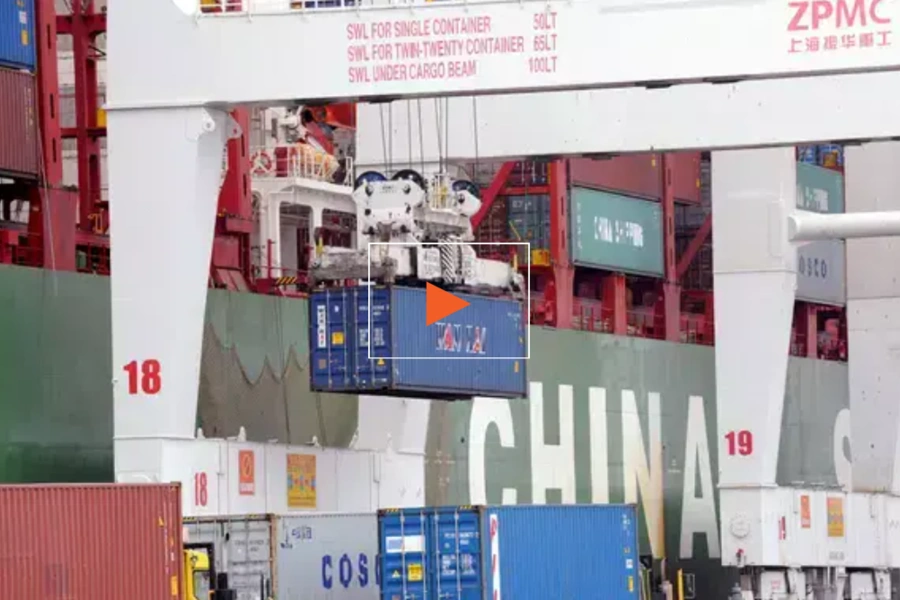
Virtual Media Briefing: U.S. Tariffs on Chinese Imports
Media Briefing by Matthew P. Goodman, Brad W. Setser, and Zongyuan Zoe Liu
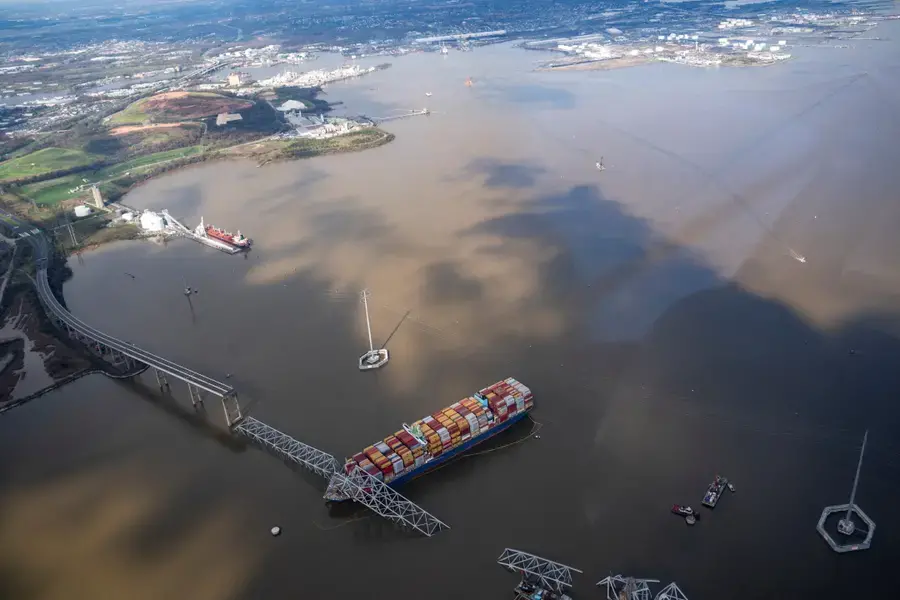
Baltimore Bridge Collapse Tests U.S. Supply Chains
Expert Brief by Zongyuan Zoe Liu
RealEcon Launched
-
Outright seizure of the Russian Central Bank’s hundreds of billions in frozen assets is currently off the table, but it is still possible to obtain large sums for Ukraine from the interest income on these assets.
-
Small businesses are critical to U.S. national security. They’re also increasingly targeted by foreign cyberattacks. The federal government can do more to protect them.
-
Progressive values shaped the postwar international economic system that has procured the benefits of globalization and trade. Will U.S. policymakers remember?
-
As a potential U.S. Treasury secretary, Robert Lighthizer has more than trade policy to revolutionize.
-
Global risks–including Chinese overcapacity–have increased, but government intervention should seek to minimize trade-offs.
-
The Federal Reserve’s dual mandate of price stability and maximum employment presents trade-offs as the Fed grapples with the next move of interest rates.
-
From ginseng farms to food-processing facilities, Wisconsin businesses shine light on how trade policy and foreign investment impact rural America.
-
Policymakers face complex cost-benefit considerations when intervening in the market to mitigate perceived risks, from climate change to competition with China.
-
As part of the CFR RealEcon Roundtable Series, Scott Morris, vice president of the Asian Development Bank (ADB), explained how the ADB supports countries in the Indo-Pacific region amid shifting geopolitics.
-
The World Bank and IMF have concluded their spring meetings, but questions remain on China, lending capacity, and balancing the interests of rich and poor countries.
-
The response to the temporary closure of the Port of Baltimore—from a deadly tanker collision—demonstrates the resilience of U.S. supply chains despite fears of costly disruptions.
-
Policymakers are increasingly concerned by the U.S.’s dependence on Taiwanese semiconductors. Is onshoring their production to the U.S.—a goal of the CHIPS and Science Act—a practical path forward?
 Online Store
Online Store



